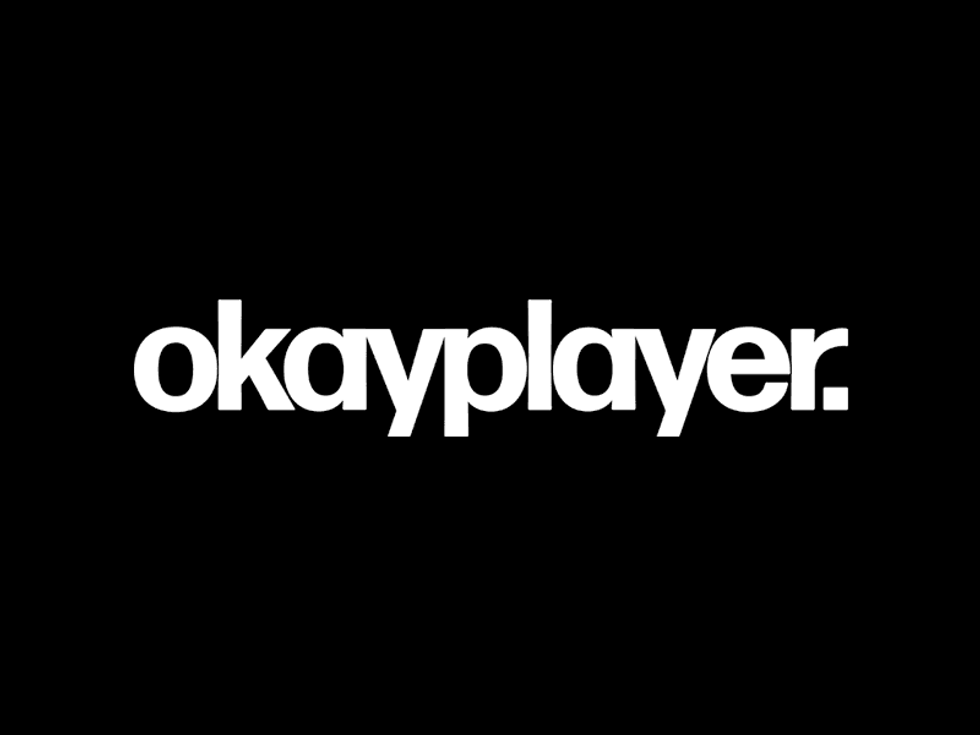Could Facebook's New "Dislike" Feature Be A Social Media Game-Changer?

Speaking at a press conference earlier this week, Facebook CEO and founder Mark Zuckerberg dropped sizable hints that a new "dislike" feature will soon be given a trial run. Calls for the option to give posts a hearty thumbs down have resounded since almost the exact moment Facebook created its "like" option in April 2010, and while Zuckerberg was careful not to explicitly state that a dislike button is on the way, he did acknowledge the demand for a means of expressing less-than-rosy reactions to their news feed.
Writing for the New York Times, Vindu Goel reported that Zuckerberg "suggested that the new button would probably be more nuanced than a simple thumbs-down option. His comments nevertheless raised the possibility that Facebook, the world’s largest forum for self-expression, could soon become a less friendly place." It's Goel's final words that are certainly most relevant here. Social networks can and do frequently become a toxic place where hate speech is permitted to thrive, reinforced by the anonymity of some platforms, or simply the digital distance that prevents your interlocutor from snuffing you in the face, slamming the door, walking away or calling the police. Speaking to Quartz, New York City public school social worker Joseph Klein stressed that “The dislike button is going to become yet another tool for exclusion and bullying—something that is already a huge concern with regard to youth.” Additional questions and concerns are at work, as well. Namely:
Will widely "disliked" posts rise to the top of news feeds and linger on our profiles for longer periods of time? Will this create a new environment on Facebook in which controversy, trolling and hate-reads are sought after marketing tools?
Will brands, artists and media outlets be able to utilize negative feedback as a way of surveying the tastes and preferences of their customers, fans and audience? More to the point, will brands see Facebook as a space to avoid if their marketing stratagems might be labeled with quantified distaste?
"Not every moment is a good moment, and if you are sharing something that is sad, whether it’s something in current events, like the refugee crisis that touches you, or if a family member passed away, then it may not feel comfortable to 'like' that post,” Zuckerberg said during Tuesday's press conference.“So I do think it’s important to give people more options than just like.” It's clear even from the little information that's been shared that Facebook will bend over backwards to make their 'dislike' function a nuanced character to avoid runaway trains of viral negativity. It's unclear, though, how, in opening up a new lane to aggregate individual expression, they can avoid people from expressing themselves the way people inevitably do.
It's hard to imagine for instance, that tone-deaf marketing ploys such as Nike's "Law Enforcement Appreciation Day" sale (which we ourselves vehemently criticized) would avoid dislikes, forget about brands who have taken controversial stands in the culture wars, like Hobby Lobby or Chick Fil-A. Potential backlash may in fact make Facebook an unattractive venue for such brands and such ventures. On the other hand, giving people a legitimate and straightforward way to express their disapproval, however labeled, may provide an outlet that ultimately lessens the tendency of every thread or comments section from devolving into hate-speechy rants (which are must then be policed in some form, either by a platform like YouTube or Facebook, or by the brand or individual that posted in the first place).
These questions may have interesting answers, and the prospect of adding even more options to user discourse on the world's most popular social network is certainly worth contemplation. But we're wary of the likely outcomes. The bigoted subforums of Reddit and #Gamergate misogynists of Twitter are only two of a great many examples. Were Facebook to include a negative, or even ambivalent reaction button in its interface, the photos and status updates we all post daily could become open forums for bullying. The loudest sound heard in the culture wars is almost always "boo." Perhaps the most pressing question here is whether the 'dislike' feature will itself come with a 'dislike' button.



